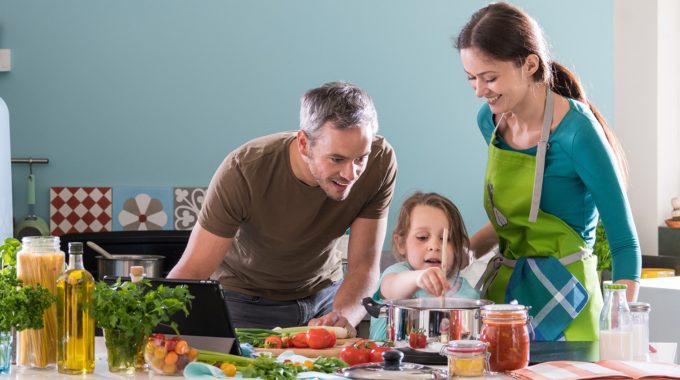Cooking up better mental health
Former New York Times food editor Craig Claiborne is quoted as saying, “Cooking is at once child’s play and adult joy”. So true. For those who love to cook, you’d know the happiness that messing about in the kitchen can bring. And science agrees. Research from Edith Cowan University (ECU) has found that being a confident cook is not only good for you and your family’s taste buds; it’s also good for your mental health.
The study follows ECU’s successful partnership with The Good Foundation and Jamie Olivers’s Ministry of Food initiative. This involved a mobile kitchen providing cooking classes in the community as well as at ECU’s Perth and South West campuses from 2016 to 2018.
In total, 657 participants undertook the seven-week healthy cooking course. At the same time, ECU Institute for Nutrition Research academics measured the program’s effect on participants’ cooking confidence and self-perceived mental health. Researchers also measured participants’ overall satisfaction with cooking and diet-related behaviours.
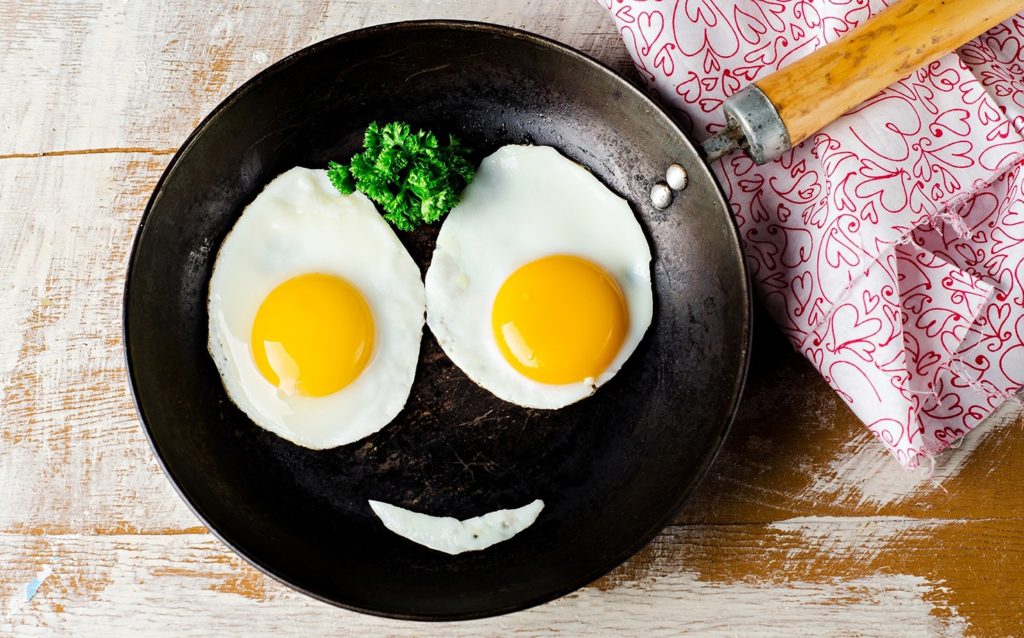
So what were the results?
The study found that those who participated in the program saw significant improvements in general health, mental health and energy levels immediately afterwards. And these improvements remained for six months after completing the course. Improvements in cooking confidence, the ability to easily change eating habits and being able to overcome lifestyle barriers to healthy eating were also reported.
Lead researcher Dr Joanna Rees says the results of this study illustrate the important role that diet can play in good mental health.
“Improving people’s diet quality can be a preventive strategy,” she says. “It can halt or slow the rise in poor mental health, obesity and other metabolic health disorders.
“Future health programs should continue to prioritise the barriers to healthy eating, such as poor food environments and time restrictions. They should also place greater emphasis on the value of healthy eating via quick and easy home-cooked meals, rich in fruit and vegetables; and avoiding ultra-processed convenience foods.”
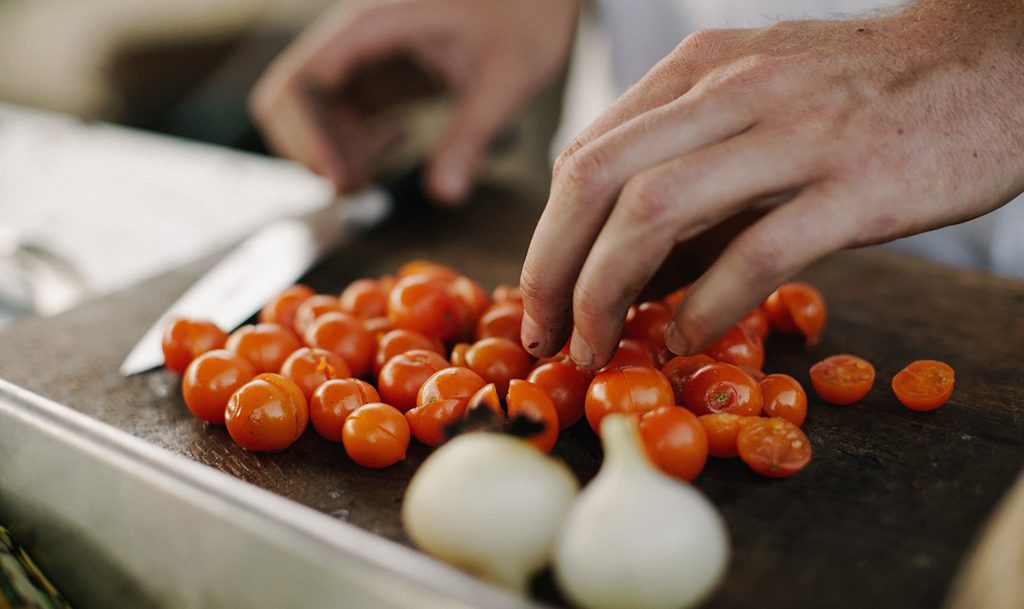
It’s not just about food
The institute has previously found a link between eating more fruits and vegies and improved longer-term mental health. This implies that the participants in this latest study may have felt better due to an improved diet. However, the study showed participants’ mental health improved even if their diet didn’t change after completing the program.
Further, the mental health benefits were equal among participants who were overweight or obese and those in a healthy weight range. Dr Rees says this suggests a link between cooking confidence and satisfaction around cooking and mental health benefits.
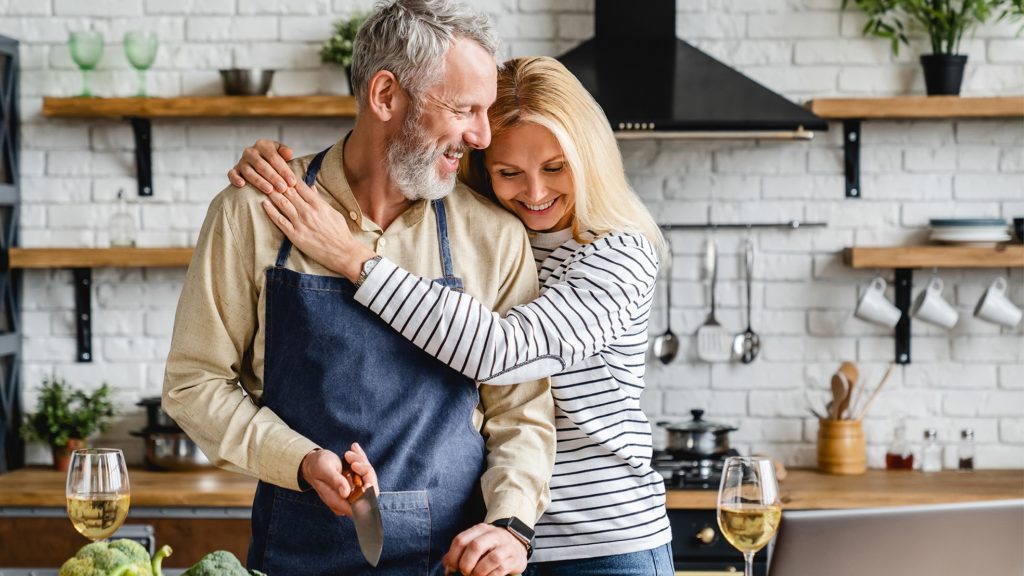
Who benefits most?
The study also revealed cooking remains a highly gendered task. At the start of the program, 77 percent of participants who identified as female claimed to be confident about cooking. This compared with just 23 percent of those who identified as male. But at the end of the program, cooking confidence and cooking skills were equal across both genders.
This change in confidence could also see a change in the household food environment. It can reduce gender bias and lead to a better balance in who does the cooking.
“This, in turn, may help to overcome some of the barriers presented by not knowing how to cook,” Dr Rees says. “This includes easing the time constraints which can lead to ready-made meals which are high in energy but low in nutritional value”.
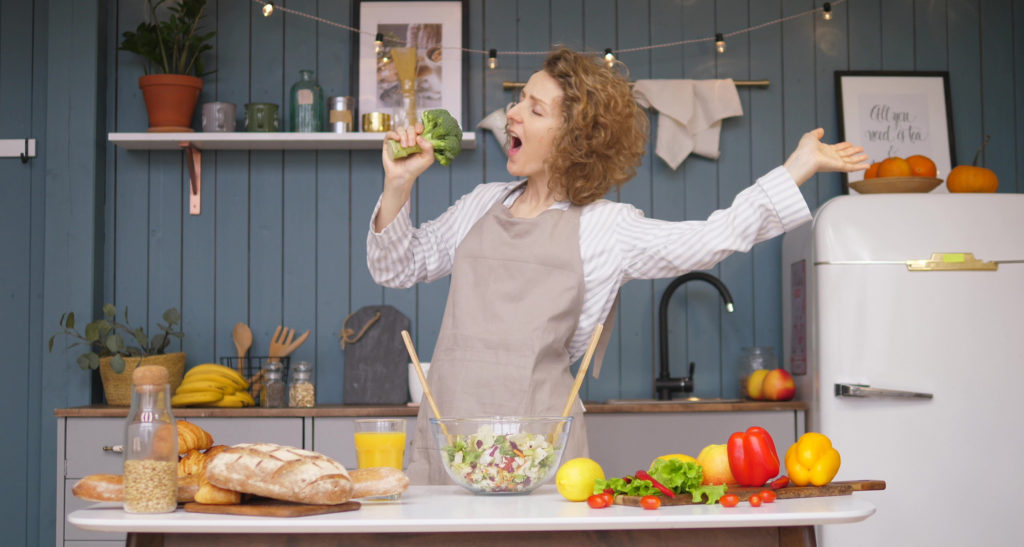
A recipe for happiness
This isn’t the first study to find a link between cooking and good mental health. A 2016 study published in the Journal of Positive Psychology found that people who engaged in creative pursuits like cooking or baking lived more relaxed and happier lives.
Another study that examined the positive psychological impacts of cooking during lockdown found that not only did it bring about short-term happiness and relaxation; it also led to longer-term psychological benefits. This includes the contentment that can come from achieving goals, learning new skills and realising your own potential.
“Culinary therapy” prescribes cooking activities for people suffering from mental health conditions. It’s been found to reduce symptoms of depression and anxiety. It’s also been found to help those with eating disorders, ADHD and addiction. Focusing on a task such as a recipe can relieve stress, boost self-esteem and put the brakes on negative thinking. It’s basically a form of mindfulness. This has also been found to improve mental wellbeing.
Anyone who’s dished up a delicious meal for family or friends would know the immense satisfaction that comes from watching your loved ones enjoy something that you’ve prepared with your own two hands. It’s a simple joy, but an incredibly rewarding one.


